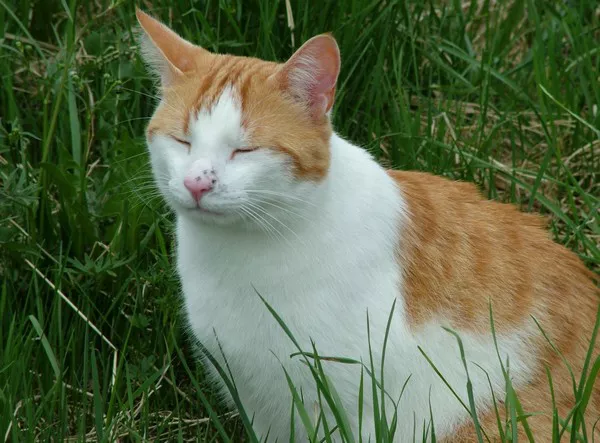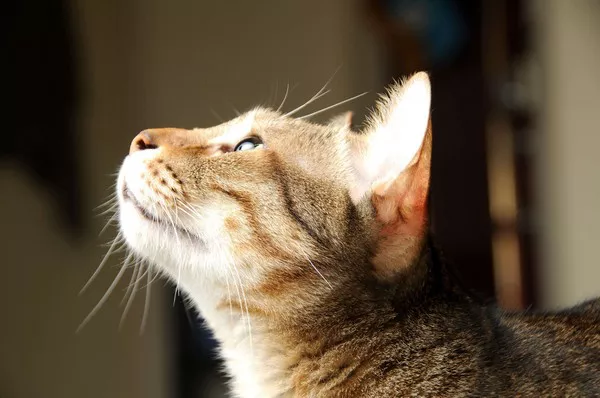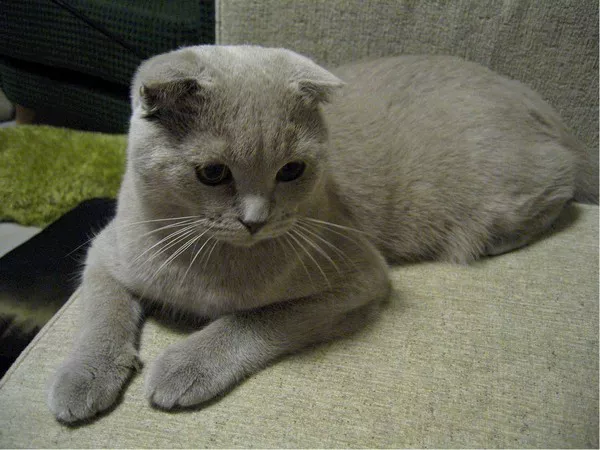Cats are often perceived as resilient and independent animals, which can make the sudden death of a seemingly healthy cat especially shocking and distressing for pet owners. Understanding the potential causes behind such an unexpected event can provide some closure and help in the prevention of similar occurrences in the future. This article explores various reasons why a healthy cat might die suddenly, from underlying health conditions to external factors, and offers insights on how to mitigate these risks.
Understanding the Nature of Cats
Cats are known for their ability to hide illness and pain, a trait that harks back to their wild ancestors who would conceal weakness to avoid predators. This natural instinct can make it difficult for cat owners to detect early signs of health problems, leading to sudden and unexpected deaths that seem to come out of nowhere.
Signs Cats Are Not Well
Even though cats are adept at hiding illness, there are subtle signs that can indicate a cat is not well. These include changes in behavior, appetite, grooming habits, and litter box use. Understanding and recognizing these signs can help in early detection and intervention.
Common Causes of Sudden Death in Cats
Several medical conditions can cause sudden death in cats, often without prior symptoms. These conditions can be broadly categorized into heart-related issues, respiratory problems, neurological disorders, infectious diseases, and toxins or poisoning.
Heart-Related Issues
Heart disease is a leading cause of sudden death in cats, often due to conditions that may not exhibit obvious symptoms until it is too late.
Hypertrophic Cardiomyopathy (HCM)
Hypertrophic cardiomyopathy (HCM) is the most common heart disease in cats. It involves the thickening of the heart muscle, which can lead to heart failure or sudden cardiac arrest. Many cats with HCM show no signs of illness until a sudden collapse or death occurs. Symptoms, if they appear, can include lethargy, rapid breathing, and fainting.
Heartworm Disease
While more common in dogs, heartworm disease can also affect cats and lead to sudden death. The disease is caused by parasitic worms that live in the heart and blood vessels of affected animals. In cats, heartworm disease can cause respiratory distress, coughing, and sudden collapse.
Arrhythmias
Arrhythmias, or irregular heartbeats, can be another cause of sudden death in cats. These can disrupt the normal flow of blood and lead to sudden cardiac arrest. Arrhythmias can be related to underlying heart disease or other conditions such as electrolyte imbalances.
Respiratory Problems
Acute respiratory problems can also lead to the sudden death of a cat, often without prior warning.
Asthma
Feline asthma is a common respiratory condition that can lead to sudden death if a severe attack occurs. Cats with asthma may experience wheezing, coughing, and difficulty breathing. A severe asthma attack can cause acute respiratory distress and death if not promptly treated.
Pulmonary Thromboembolism
Pulmonary thromboembolism (PTE) occurs when a blood clot lodges in the arteries of the lungs, obstructing blood flow and causing sudden death. PTE can be associated with underlying conditions such as heart disease, cancer, or trauma.
Neurological Disorders
Certain neurological disorders can cause sudden death in cats, often with little to no warning signs.
Seizures
Severe or prolonged seizures can be fatal, especially if they lead to respiratory failure or aspiration. Seizures can be caused by epilepsy, brain tumors, infections, or toxins.
Brain Aneurysms or Strokes
Though less common in cats, brain aneurysms or strokes can cause sudden death. These conditions result from abnormal blood flow or bleeding in the brain, leading to rapid neurological decline.
Infectious Diseases
Some infectious diseases can lead to rapid deterioration and sudden death in cats, often with minimal preceding symptoms.
Feline Infectious Peritonitis (FIP)
Feline infectious peritonitis (FIP) is a fatal viral disease caused by a mutation of the feline coronavirus. FIP can present in two forms: wet and dry. The wet form is characterized by fluid accumulation in the abdomen or chest, while the dry form causes organ failure. Both forms can lead to sudden death if not diagnosed and managed early.
Toxoplasmosis
Toxoplasmosis is caused by the parasite Toxoplasma gondii and can cause severe illness in cats, particularly those with compromised immune systems. Symptoms include fever, lethargy, and respiratory distress, but the disease can progress rapidly to death if untreated.
See Also: Is a Maine Coon Cat Hypoallergenic?
Toxins and Poisoning
Exposure to toxins and poisons can cause sudden death in cats, often due to accidental ingestion or environmental exposure.
Common Household Poisons
Several common household items are toxic to cats, including certain plants (like lilies), medications (such as acetaminophen), and chemicals (like antifreeze). Ingesting these substances can cause rapid organ failure and death.
Rodenticides and Insecticides
Rodenticides and insecticides are particularly dangerous as they are designed to kill pests but can also be lethal to cats. These substances can cause internal bleeding, neurological symptoms, and death if ingested.
Preventing Sudden Death in Cats
While it is not always possible to prevent sudden death in cats, there are several steps owners can take to reduce the risk and ensure their feline companions remain healthy.
Regular Veterinary Checkups
Regular veterinary checkups are crucial for early detection of potential health issues. Annual or bi-annual exams can help identify underlying conditions that may not present obvious symptoms. Blood tests, heart evaluations, and other diagnostic tools can provide valuable insights into a cat’s health.
Healthy Diet and Exercise
A balanced diet and regular exercise are fundamental for maintaining a cat’s health. Proper nutrition supports overall well-being, while physical activity helps keep the heart and respiratory system in good condition. Avoiding obesity is particularly important, as excess weight can exacerbate or lead to health problems.
Environmental Safety
Ensuring the home environment is safe from toxins and hazards is vital. Keep poisonous substances, plants, and small objects that could be ingested out of reach. Be cautious with medications and ensure they are stored securely.
Monitoring and Early Intervention
Being vigilant and monitoring your cat for any changes in behavior, appetite, or physical condition can help catch potential issues early. If any unusual symptoms are observed, seeking veterinary advice promptly can prevent minor problems from becoming severe.
Understanding and Managing Stress
Stress can negatively impact a cat’s health and exacerbate existing conditions. Providing a stable, low-stress environment with plenty of enrichment, such as toys and interactive play, can promote mental and physical health.
Coping with the Sudden Loss of a Cat
The sudden death of a beloved cat can be a traumatic and heart-wrenching experience. Coping with the loss involves understanding the grieving process, seeking support, and finding ways to honor the memory of the pet.
Understanding Grief
Grieving the loss of a pet is a deeply personal process that can include a range of emotions such as shock, anger, guilt, and profound sadness. It is important to allow oneself to grieve and to recognize that these feelings are normal.
Seeking Support
Talking to friends, family, or support groups who understand the bond between pets and their owners can provide comfort. Many communities have pet loss support groups or counselors who specialize in helping individuals cope with the loss of a pet.
Honoring the Memory of the Cat
Finding ways to honor and remember the cat can be therapeutic. This might include creating a memorial, making a donation to an animal charity, or simply cherishing happy memories and photos of the time spent together.
Conclusion
The sudden death of a seemingly healthy cat is a heartbreaking and often bewildering event for any pet owner. Understanding the potential causes—from heart disease and respiratory problems to toxins and infectious diseases—can provide some clarity and help in preventing similar occurrences. By prioritizing regular veterinary care, maintaining a healthy lifestyle for the cat, ensuring a safe environment, and being vigilant for signs of illness, owners can minimize the risk of sudden death. While it is not always possible to foresee or prevent every health issue, taking proactive steps can contribute to a longer, healthier life for feline companions.

























